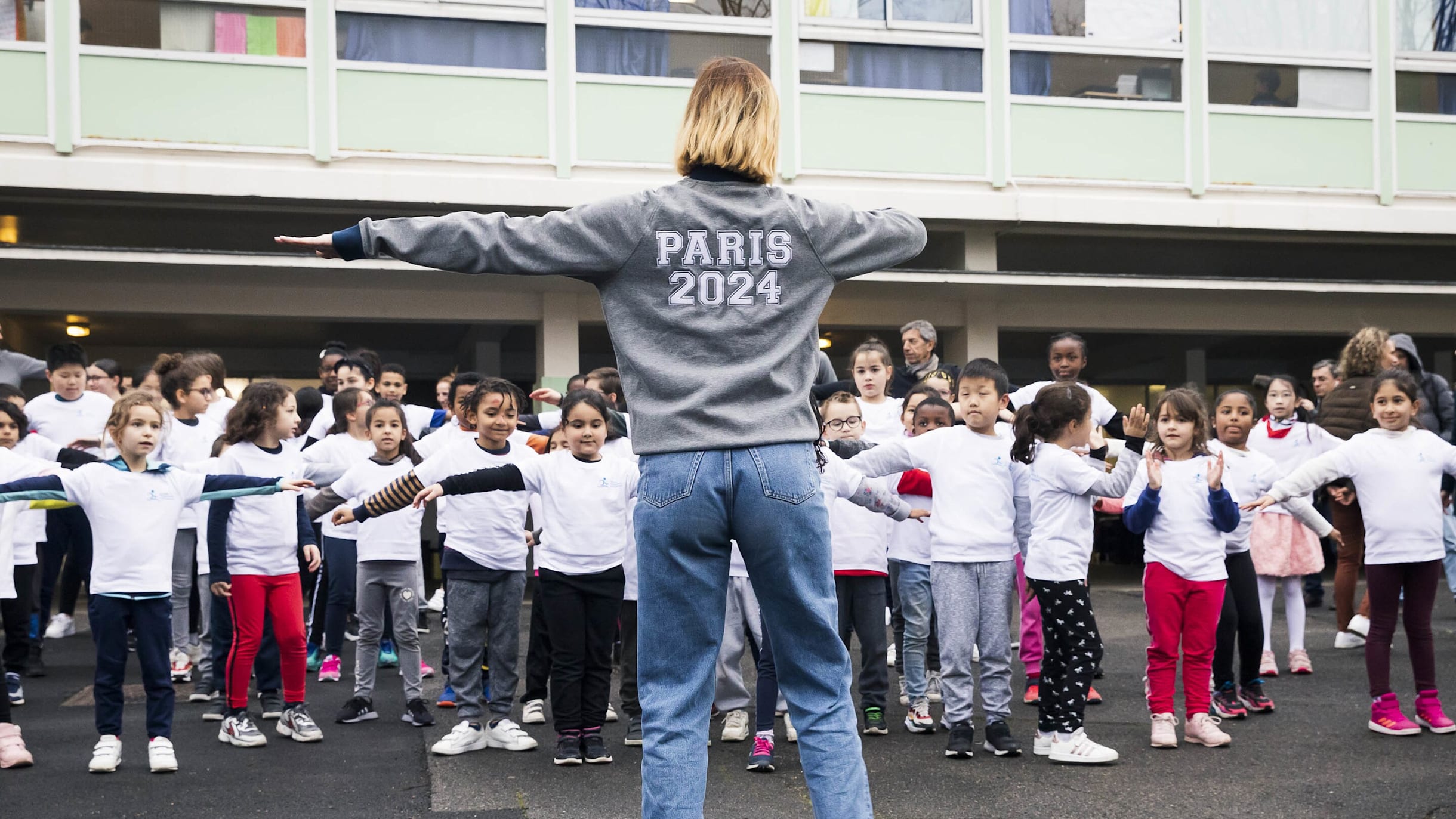
Social benefits of hosting the Olympic Games
It is an Olympic priority to encourage every potential host to make the most of the opportunity to achieve social benefits, in line with the IOC’s own social commitments through Olympic Agenda 2020+5.
From the start, legacy plans should be part of every Olympic project. In many instances, these programmes are able to start long before the Games in question, and continue long afterwards.
The social benefits of hosting the Olympic Games are wide-ranging, and contextual to each host’s vision. They include opportunities to promote: elite and grassroots sport; health; education; culture; gender equality; inclusion and diversity; and human rights.
Hosting enables public authorities and other stakeholders to shine a spotlight on key issues and have a greater impact by aligning different funding sources and ambitions. These stakeholders are encouraged to harmonise the timeline for the Games with existing long-term social, environmental and economic development plans, as well as with the goals of the Olympic Movement – set out by Olympic Agenda 2020 and Olympic Agenda 2020+5 – and the United Nations Sustainable Development Goals.
Some examples of social benefits from past and future Olympic Games are:
- Paris 2024’s ‘Bouger Plus’ [Move More] strategy supports public bodies and employers to encourage active schools, active cities and active workplaces. Paris 2024 successfully advocated a daily 30-minute physical activity period in French primary schools.
- Before Tokyo 2020, alternatives to stairs were installed at 97 per cent of railway stations in Tokyo, while the number of wheelchair-accessible hotel rooms grew from 460 to 3,200.
- One aim of Tokyo 2020 was to influence government and societal reform by opening debate on gender and setting examples on and off the field of play. UN Women included the Games as one of the 16 defining moments for gender equality in 2021. In 2022, Japan moved up five places in the Global Gender Gap Index.
- LA28 has committed to investing USD 160 million for youth sports, including supporting PlayLA by LA Parks, which offered low cost or free activities at 148 parks in 2022.
- ‘You for 2032’, Australia’s largest athlete identification programme, will find and develop promising talent for Brisbane 2032 Olympic and Paralympic Games.
- Thanks to Beijing 2022, almost 3,000 schools across China have had winter sports, or dry land winter sports such as roller skiing, added to their curriculum.
- Vancouver 2010 improved community relations and accelerated reconciliation with First Nations Peoples. The non-profit organisation for Games legacies continues to work across Canada.
Sources: The Organising Committees of Paris 2024; Tokyo 2020; LA28; Brisbane 2032; and Beijing 2022; the World Economic Forum; UN Women; the Canadian Government and Four Host First Nations Society.
See some more examples of social legacies from recent and future Olympic Games.
Hosting the Olympic Games can also bring environmental benefits and economic benefits. Read more in the IOC Legacy Strategy or, to search for legacies from specific editions of the Olympic Games, visit the Olympic legacy page.
Documents:
Contractual framework for hosting the Olympic and Paralympic Games